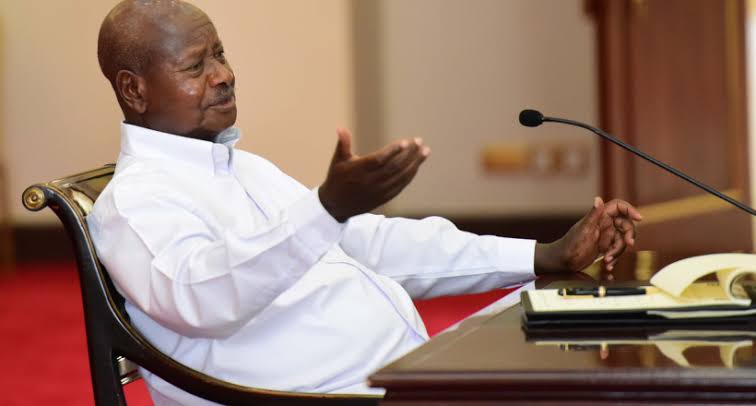Museveni Meets NRM Caucus as Opposition Convenes Emergency Meeting Over Controversial UPDF Bill

President Museveni is meeting members of the ruling National Resistance Movement (NRM) caucus at State House Entebbe today amid growing political tensions over the UPDF Amendment Bill 2025—a contentious piece of legislation that has triggered alarm among the opposition, legal experts, and civil society.
At the heart of the controversy are provisions in the bill that would extend the jurisdiction of the Uganda People’s Defence Forces (UPDF) to include civilians in certain undefined circumstances.
While official details remain vague, insiders suggest the bill targets offenses deemed to impact national security or military operations. Critics say this wording is overly broad and ripe for abuse.
Simultaneously, the Opposition has called an emergency caucus meeting to craft a unified response.
Their frustration stems from the lack of prior consultation, having reportedly been summoned just a day after the bill was tabled.
They accuse the government of pushing through legislation without giving political parties and stakeholders adequate time to study or debate its implications.
The bill is listed as item number five on Parliament’s Tuesday order paper—evidence of the executive’s intent to move quickly.
Opposition MPs, however, see this urgency as a calculated move to avoid public scrutiny.
Tensions heightened last week when Parliament imposed unprecedented security measures, including road closures and ID checks for MPs.
These actions have been interpreted as intimidation tactics intended to silence dissent, deepening concerns about the bill’s broader impact on civil liberties.
Human rights advocates warn that allowing civilians to be tried in military courts violates the principle of civilian judicial oversight.
They argue that military tribunals are designed for internal disciplinary matters and are not equipped to uphold the due process standards required in civilian trials—raising red flags about fair trial rights, legal independence, and the presumption of innocence.
Many observers see the bill as part of a wider pattern of democratic backsliding in Uganda.
With growing concern about shrinking civic space and increasing executive control, the timing and manner of the bill's introduction have only reinforced fears of authoritarian consolidation.
The Opposition's emergency caucus signals the depth of resistance, with leaders vowing to fight what they see as a dangerous overreach.
Whether the government will address these concerns or press ahead with the bill remains to be seen—but the political temperature is clearly rising, and the UPDF Amendment Bill could trigger a major legislative and constitutional showdown.



0 Comments